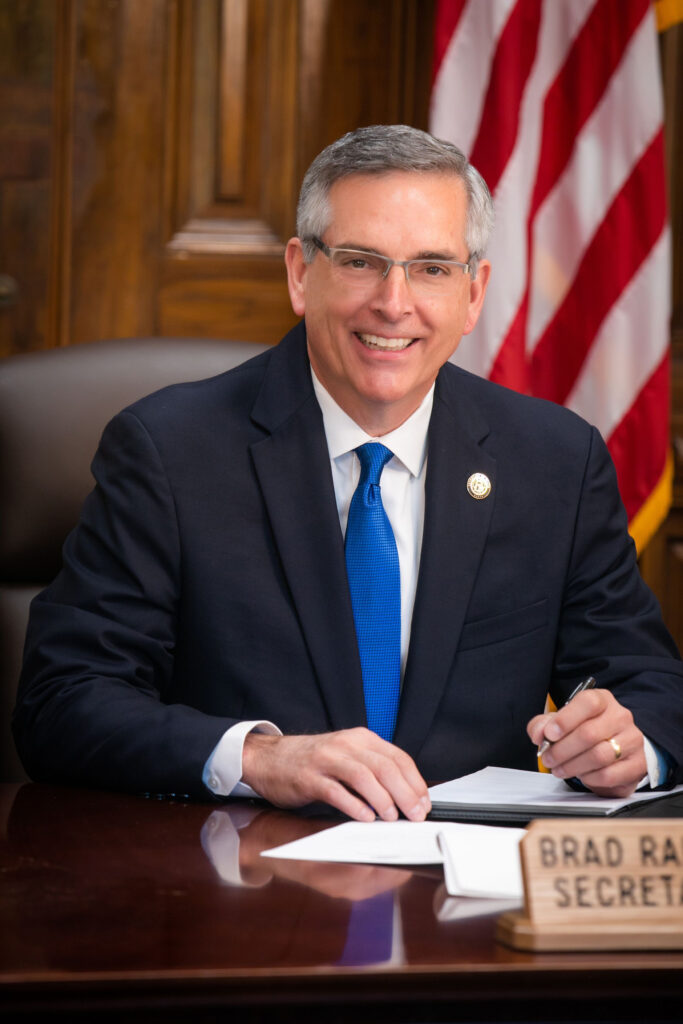
ATLANTA – The Georgia Secretary of State’s office has received a clean audit on its spending of grant funds received through the federal Help America Vote Act (HAVA).
However, an audit the state Department of Audits & Accounts released Friday showed that almost half of the grant transactions examined had at least one noncompliance issue related to state purchasing requirements.
The state received $34.8 million in HAVA grants between fiscal year 2018 and fiscal 2021. The largest portion of the expenditures – 33% – went toward communications and media services.
While the expenditures were for goods and services generally allowed by the program, the department did not participate in the state purchasing-card program about 100 other state agencies use.
Instead, the department reimbursed employees for non-travel business expenses paid with personal credit cards, according to the audit, which was requested by the state House Appropriations Committee.
“Unlike the state p-card program, outside credit cards are not subject to the same system of controls used across state government to detect and deter fraud, misuse, and abuse,” according to the audit.
The audit also revealed the office’s chief operating and chief financial officer was hired as a consultant while still employed with the secretary of state, potentially a violation of state law.
The office did not provide the documentation federal grants require for 12% of the transactions examined. In most cases, the documentation the agency did provide was insufficient for determining whether the purchase was “consistent with allowed grant uses.”
Secretary of State Brad Raffensperger’s response to the audit focused on the finding that no fraud occurred.
“My main goal has always been to uphold the integrity of Georgia’s elections,” he said. “The audit requested by the Georgia legislature demonstrated once and for all that my office used federal funds for appropriate purposes.”
The audit found that nearly 90% of the grant funds had been spent as of the end of last June. Nearly $7 million of the federal money remained.
This story is available through a news partnership with Capitol Beat News Service, a project of the Georgia Press Educational Foundation.